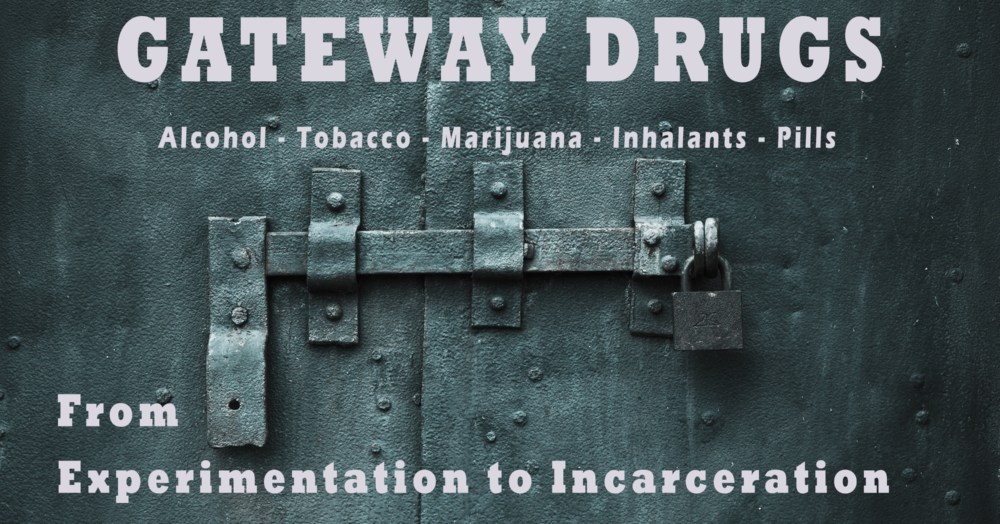Do you have a drug house in your neighborhood?
by C.J. Crawford
Drug houses don’t just happen in other neighborhoods. There are drug houses in all types of neighborhoods.
There are four things that make a drug house:
- a product to sell (Meth, Crack, Marijuana, etc…)
- a dealer to sell it (Pusher, Parasite, Criminal, etc…)
- a customer to buy it (User, Addict, Moron, etc…)
- a location to sell it from (House, Car, Street Corner, etc…)
Most neighborhoods have very little control over Product or Buyer but with unified effort they can certainly affect Seller and Location. Drug dealers look for Locations where neighbors do not communicate and where they isolate themselves. This makes it easy to intimidate those neighbors that do notice drug activity. Drug dealers like neighborhoods that say, “It can’t happen here.” Money is a key element for the drug dealer. If they establish a drug house in a neighborhood where kids and adults have money to buy drugs, business will thrive.
What are the warning signs of drug activity in the neighborhood?
- Excessive foot traffic to and from a house or property
- Loitering in or around a house
- Frequent and unusual traffic patterns such as: Stop – Enter – Leave
- Traffic frequently stops and a resident comes out and talks briefly with occupants of car
- Threats or intimidation connected to a residence
- Open exchange of drugs and money
- Gang activity in the neighborhood
- Graffiti on structures in the area
- Sudden increase in criminal activity
What should you do if there is a drug house in your neighborhood?
Log all activity connected to the suspected drug house. Record the following types of information:
- Dates and times of activity
- Style, Make, Color and License Plates of vehicles that visit the residence
- Note whether or not the person or vehicle is a repeat visitor
- Describe persons as thoroughly as possible – age, race, height, weight, etc…
- Describe the activity you are seeing
- Weapons being displayed
Provide this information to the police.
Speak with property owners about problems that the tenants are causing for you and your neighbors. If you are having problems, the property owner is probably having problems too. Most drug dealers are not home owners. They want to be able to move easily if the police become interested in them. They have no interest in cleaning and maintaining the home because they don’t intend to occupy it long. The Health Department, Public Works and Code Enforcement are all helpful agencies that you may call with problems that might be arising such as; trash, tall weeds, derelict vehicles, no water or electricity or unsafe structures.
Prevention is the best way to stop drug houses!
You can reduce the chance that a drug house moves into your neighborhood. One of the tools of the drug dealer is intimidation. There is safety in numbers. Start a Neighborhood Watch and get to know your neighbors. Meet and know your Police Officers. As problems develop in the neighborhood, work with law enforcement to resolve them quickly.
[Many thanks to Kansas Bureau of Investigation and the Oklahoma Bureau of narcotics and Dangerous Drugs Control for their helpful pamphlets and websites.]
Sgt. C.J. Crawford, GPD, is DFG Board Member, Past President and member of Public Education Committee.
